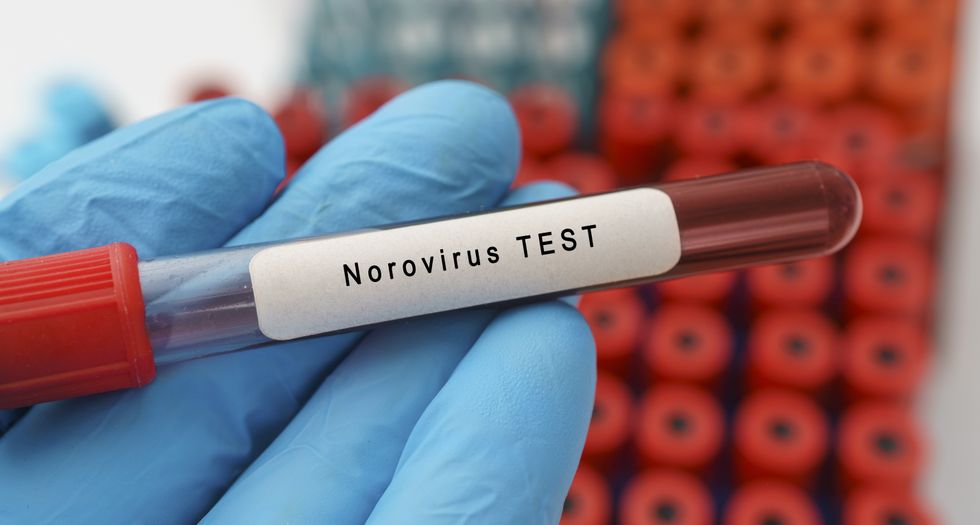'Highly contagious' vomiting bug spreads across Britain in mass outbreak
Although the figures represent cases in England, experts say that the same trends can be seen across the UK
Don't Miss
Most Read
Norovirus cases have increased by over 40 per cent over two weeks - driven by a new dominant variant in the UK - according to new figures.
The UK Health Security Agency (UKHSA) recorded a rise of 41 per cent in the fortnight ending October 20, putting laboratory-detected cases at over double the average which is expected at this time of the year.
Additionally, outbreaks of the stomach virus in hospitals have been around 37 per cent higher than the average over the past five years, reaching around 27 outbreaks since July.
Consequently, leaders within the health industry have expressed concern that these increased cases could put further pressure on the NHS ahead of the oncoming threat of the winter flu in the months ahead.

Leaders within the health industry have expressed concern that these increased cases could put further pressure on the NHS ahead of the oncoming threat of the winter flu in the months ahead (Stock)
|GETTY
Although scientists have suggested that it is hard to explain why norovirus cases are so high at the moment, a UKHSA spokesperson said: "There has been an increase GII.17 variant since April 2024, and during the first 16 weeks of the 2024-25 season this was the most commonly detected norovirus genotype.
"The increase of the variant has been observed in other counties and is being closely monitored."
It remains unknown whether GII.17 - the new variant in the UK - is more contagious that the more common strain of the virus, but any immunity from having the virus before is not expected to protect against further infection, which might drive the increase in cases this year.
The highly contagious norovirus causes inflammation of the stomach's lining, as well as intestines, which can spread easily via contaminated food, water, surfaces and contact with someone with the illness.
LATEST DEVELOPMENTS:
Symptoms include nausea, diarrhoea, vomiting as well as other flu-like symptoms such as headaches, fevers, as well as body aches.
Medical professionals advise bedrest and consuming plenty of fluids and, if necessary, paracetamol could relieve pain from fever and aches.
However, experts have warned against taking ibuprofen since it could irritate the stomach lining - even increasing the risk of stomach bleeds and ulcers.
Deputy director gastrointestinal infections at UKHSA Gauri Godbole: “We are heading into the winter season with norovirus levels higher than usual, and we expect norovirus to spread more in the coming weeks."
“Recently, we’ve seen the biggest rise in cases in adults, especially those aged 65 and over."

Medical professionals have encouraged increased handwashing to prevent the virus from spreading further
|PA
Godbole continued: “To help reduce the spread of norovirus you can take steps to avoid passing the infection on.
"If you have diarrhoea and vomiting, do not return to work, school or nursery until 48 hours after your symptoms have stopped and don’t prepare food for others in that time either.
"If you are unwell, avoid visiting people in hospitals and care homes to prevent passing on the infection in these settings."
She encouraged people to wash their hands soap and warm water, as well as using bleach-based products to disinfect surfaces, which will help prevent the spread of infections.











